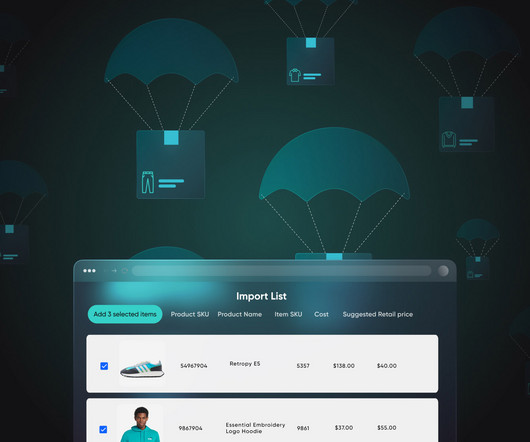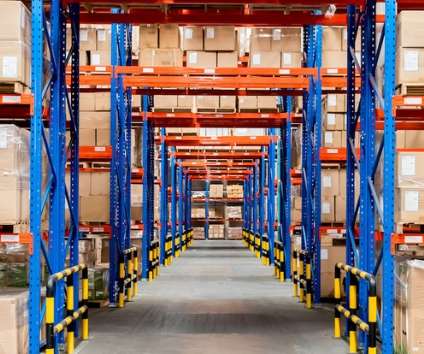Adapting B2B Integration To Support Distributed Commerce
RTP blog
MARCH 24, 2017
By Peter Edlund, DiCentral Brick-and-mortar retailers spent decades building infrastructure to guarantee merchandise is on the shelf when customers walk into the store. Evolution Of B2B Integration And Collaboration Distributed commerce requires a different B2B integration strategy, focused directly on customer satisfaction.












Let's personalize your content